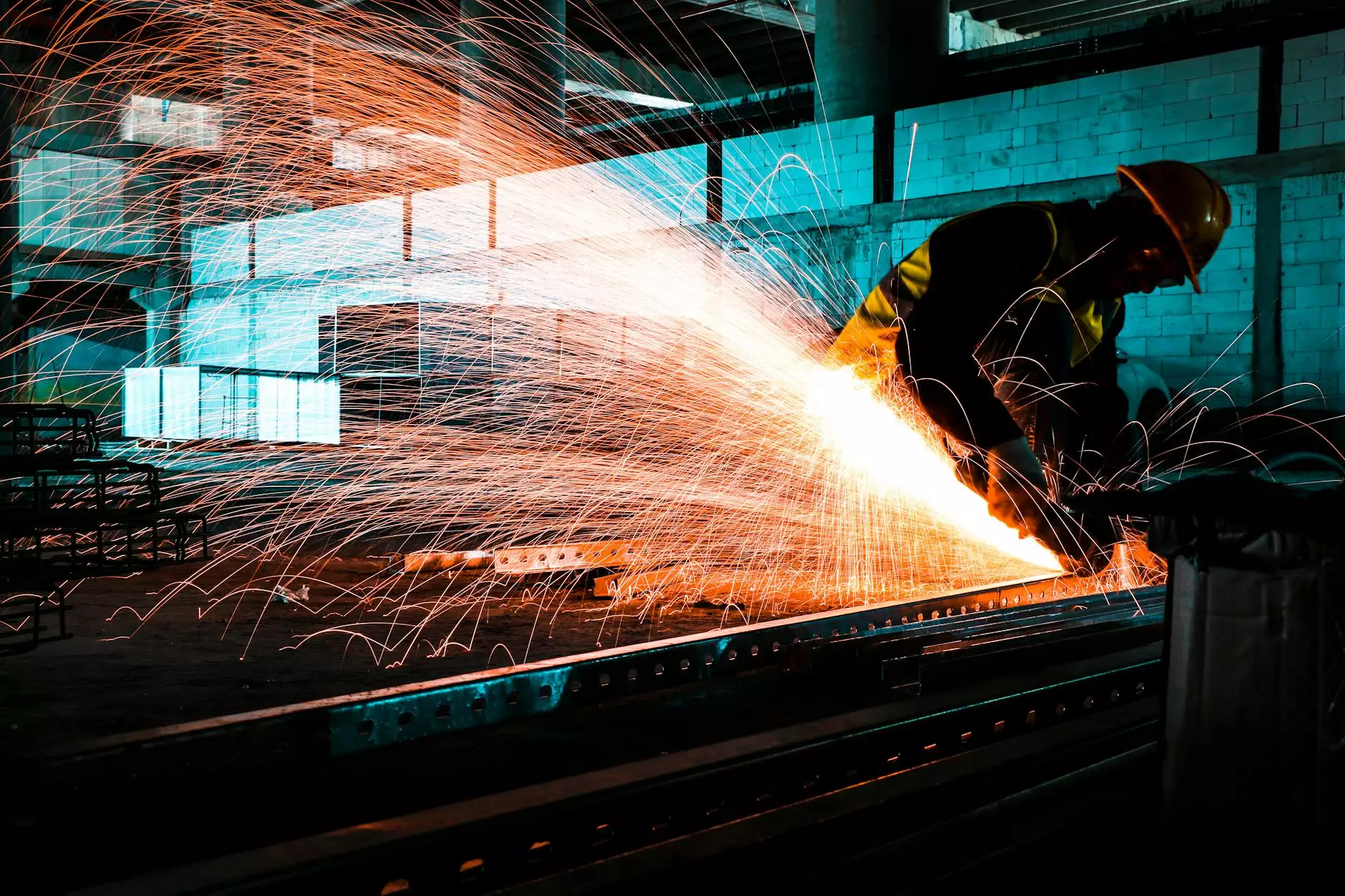The Importance of AC and Furnace Replacement Cost for Home Services

Introduction
Welcome to Dial One Sonshine, your trusted experts in home services, plumbing, and water heater installation and repair. In this comprehensive article, we will discuss the importance of understanding AC and furnace replacement cost. If you're looking for ways to optimize your home's heating and cooling systems while staying within your budget, you've come to the right place!
Understanding the AC and Furnace Replacement Cost
When it comes to home services, one important aspect to consider is the cost of replacing your AC and furnace units. This cost not only involves the actual purchase of new equipment but also factors in installation fees and potential additional expenses for repairs or upgrades. By understanding these costs, you can make informed decisions and plan your budget accordingly.
Properly functioning heating and cooling systems are essential for a comfortable and energy-efficient home. Over time, however, these systems may become less efficient or break down completely, necessitating replacement. Knowing the AC and furnace replacement cost allows you to evaluate your options and choose the most cost-effective solution for your needs.
The Factors Influencing AC and Furnace Replacement Cost
Several factors come into play when determining the cost of replacing your AC and furnace units. It's important to consider these factors to get an accurate estimate and avoid unexpected expenses. Let's explore the key factors influencing the AC and furnace replacement cost:
1. Type of AC and Furnace Units
The type and size of the units you choose have a significant impact on the overall cost. Different types of AC and furnace units, such as central air systems, ductless mini-splits, or high-efficiency furnaces, vary in price. Consider your specific needs, the size of your home, and any existing ductwork to determine the most suitable option.
2. Installation and Labor Costs
Proper installation is crucial for the optimal performance and longevity of your AC and furnace units. Skilled professionals ensure that the units are correctly installed and compatible with your home's existing infrastructure. The cost of professional installation and labor should be factored into the overall replacement cost.
3. Additional Upgrades or Repairs
During the replacement process, you might discover additional issues or consider upgrading certain components. These factors can add to the overall cost but may also provide long-term benefits, such as improved energy efficiency and increased comfort. It's important to assess the condition of your existing systems and discuss potential upgrades with your HVAC contractor.
4. Energy Efficiency Ratings
Modern AC and furnace units come with energy efficiency ratings, such as SEER (Seasonal Energy Efficiency Ratio) for AC units and AFUE (Annual Fuel Utilization Efficiency) for furnaces. While more energy-efficient units tend to have higher initial costs, they can lead to significant savings on your utility bills over their lifespan. Consider the long-term cost-benefit when evaluating replacement options.
5. Warranty and Maintenance Plans
Understanding the warranty terms and available maintenance plans is crucial when considering the AC and furnace replacement cost. Some manufacturers offer extended warranties that cover parts and labor for a specified period. Additionally, maintenance plans can help ensure the longevity and performance of your new units, potentially reducing future repair costs.
How to Optimize AC and Furnace Replacement Cost
Now that you understand the key factors influencing AC and furnace replacement cost, let's explore some strategies to optimize your investment:
1. Research and Compare
Take the time to research different AC and furnace brands, models, and prices. Compare various options, considering energy efficiency, features, and reliability. Solicit multiple quotes from reputable HVAC contractors to ensure you are getting the best value for your investment.
2. Assess Your Home's Heating and Cooling Needs
Perform a thorough evaluation of your home's heating and cooling needs. Consider factors such as insulation, square footage, climate, and your family's comfort preferences. This assessment will help you choose the most suitable replacement units for optimal performance and energy efficiency.
3. Plan for the Long Term
When replacing your AC and furnace units, think beyond the initial cost. Consider the potential long-term savings and benefits of energy-efficient systems. While they may have a higher upfront cost, they often result in reduced energy consumption and lower utility bills, providing significant cost savings over time.
4. Consult with HVAC Experts
Seek advice from experienced HVAC professionals who understand your specific needs. They can guide you through the process, recommend the most suitable units, and provide accurate cost estimates based on your requirements. Their expertise ensures a seamless installation and long-term performance.
5. Take Advantage of Financing Options
If the upfront cost of replacing your AC and furnace units is a concern, explore financing options. Many HVAC companies offer flexible payment plans or financing arrangements to help spread out the cost over a manageable period. This enables you to enjoy the benefits of upgraded systems without straining your budget.
Conclusion
As you can see, understanding the AC and furnace replacement cost is essential for making informed decisions about your home services, plumbing, and water heater installation or repair needs. By considering the factors influencing replacement costs and implementing optimization strategies, you can achieve optimal comfort, energy efficiency, and cost savings in the long run.
At Dial One Sonshine, we are committed to helping you make the best choices for your home. Contact us today to learn more about our services, expert advice, and how we can assist you in optimizing your AC and furnace replacement cost. Trust the professionals to ensure your home's heating and cooling systems are top-notch!










